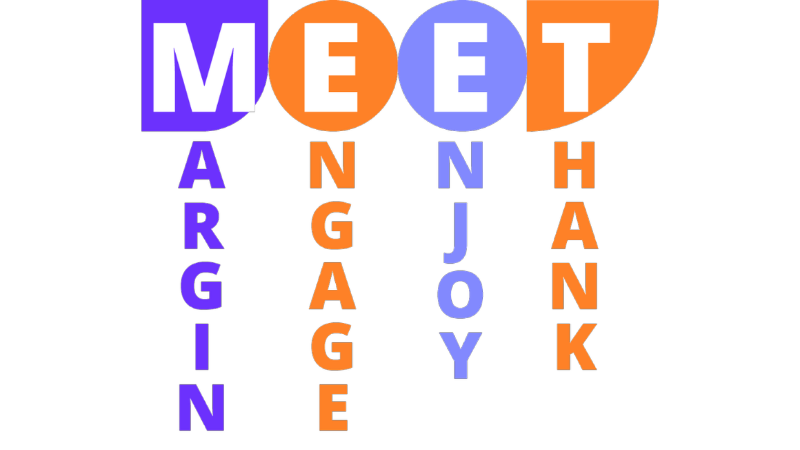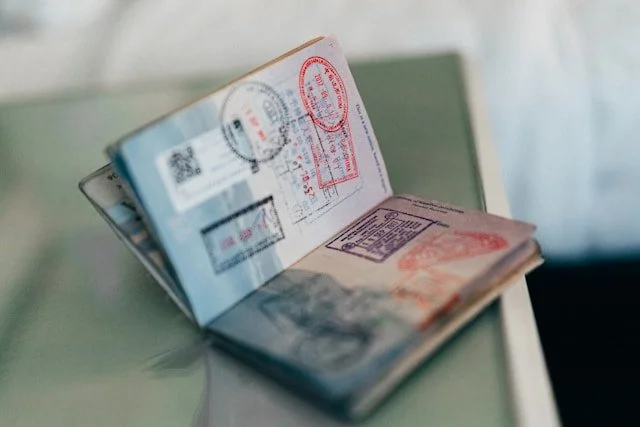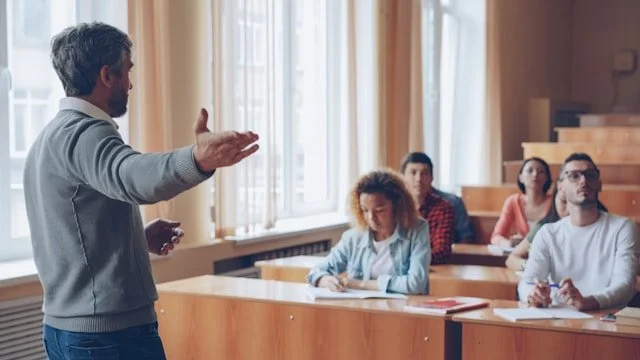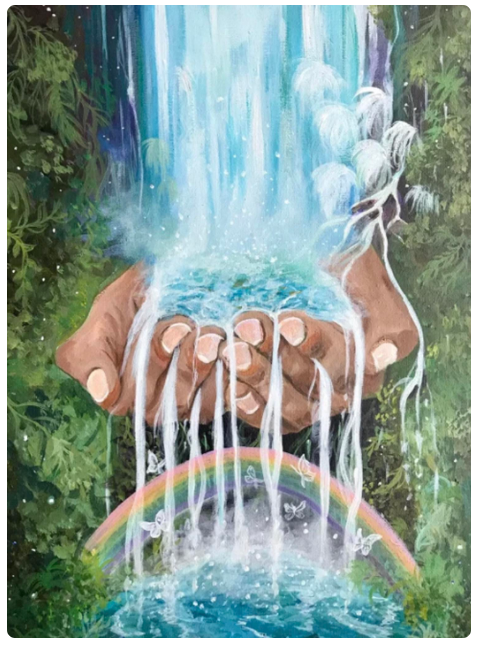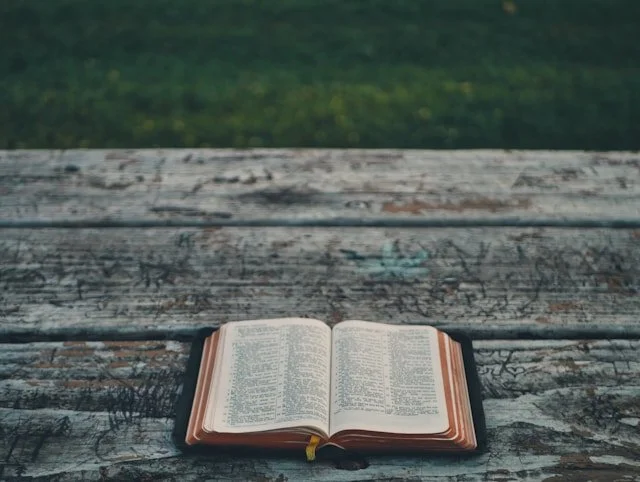Becoming a People of Forgiveness - Part 4
Photo by Felix Koutchinski on Unsplash
Originally posted as a series on LectioLetter.com
Part IV | The Public work of Forgiveness
“..leave your gift there in front of the altar. First go and be reconciled to them; then come and offer your gift.”
– Matthew 5:24
“[It is] Difficult to “move on” from any site of suffering if that suffering goes unacknowledged and undescribed.”
― Toni Morrison
“The church is not a theological classroom. It is a conversion, confession, repentance, reconciliation, forgiveness and sanctification center, where flawed people place their faith in Christ, gather to know and love him better, and learn to love others as he designed.”
― Paul David Tripp
“Let us (The church) be a society whose members strive to tell one another the truth about the difficulties of reality. For I believe if we do so we may discover we have something to say to a world that no longer believes that anyone can speak the truth.”
- Stanley Hauerwas
Be kind and compassionate to one another, forgiving each other, just as in Christ God forgave you.
– Ephesians 4:32
While there is a crucial introspective process to forgiveness, it cannot be a solely individual process. Non-Christian therapeutic journals may herald the power of forgiveness for personal flourishing, but forgiveness as Christians understand it is a gift given for the sake of the other. We will, in all likelihood, experience some sense of personal relief and renewal through the process of forgiveness, but at its heart, it is a gift given to another for their sake.
Reconciliation is what happens when forgiveness puts on flesh. As I mentioned in the earlier parts of this series, it contributes to our witness to the wider world and it makes God visible to others through a Godly act.
Forgiveness processed only internally may be therapeutically cleansing, but it does not cleanse our community of the stain created by the original offence. A practical principle for forgiveness is that the process should be shared within the context where the wrongdoing happened. When a husband and wife need to forgive each other, it does not have to take place in front of a Christian community. If the wrongdoing took place in front of children, it will help them that the forgiveness is expressed somehow in front of them too. Similarly, If a wrongful act took place within a community that affects that community, the community should be included in the process. Public processes of forgiveness are risky but they give that community an extraordinary gift.
When forgiveness is offered between people before a community, two things happen. Firstly, an acknowledgement of wrongdoing is embedded in the act of offering forgiveness. We tell the truth, as well as we can, about what happened. This guards a community against a person thinking they can wrong others and get away with it.
Secondly, it models and expresses that there is a route for reconciliation in this situation and in others that may arise in the future. It gives every person in a community hope. All of them will act in ways that require forgiveness at some point in the future and they learn that there is freedom through confession and repentance. This creates a context where people can increasingly feel safe enough to confess rather than hide in shame which greatly decreases the possibility that wrongdoings will be intentionally covered up in the future.
The most powerful community-forming events I have been a part of have included public repentance. When a person contritely names something they have done wrong, while they may feel a degree of shame in sharing it, the response in a community that it draws out is a deep affection for that person. The courage it takes to name our shortcomings is multiplied like loaves and fishes into a culture that offers forgiveness and connection within a community.
Forgiveness done publicly also helps heal memories. Part of the challenge in forgiveness is how the wrongdoing is remembered. The person who acted wrongly is deeply motivated for the act to never be remembered while the victim of their action may be tormented by the memory in ways that cultivate continued resentment and pain.
Forgiveness offered in the context of a community creates an additional memory which helps both the offender and victim, as well as in the community around them. It helps the person who needs forgiveness remember the act, as well as the commitment to forgiveness that was offered. It helps the victim remember the original act with a further memory of forgiveness which covers but does not erase the act like a tablecloth over a table.
As I mentioned earlier, forgiveness is not a single event, it gets played out again and again as our memories are reflected on, but to remember rightly is to remember in the context of both the forgiveness offered as well as the wider context of God's forgiving and reconciling storyline into which the act gets included.
While some of the reflections above may be helpful, they still won't be quite practical enough for many. What we really desire is a simple three-step model to control a situation, a "one ring to rule them all" kind of process for forgiveness.
But what is needed, in my view, is two things; The first is that we become deeply shaped and formed by the biblical story and its presentation of forgiveness and reconciliation. The second is that we cultivate hearts that are "prone to forgive".
We do that by remembering our own need for forgiveness first. No person is only a victim, no person is only an offender. Awareness of that can keep us humble in every situation, whether we find ourselves, in need of forgiveness or in need of the grace to offer it.
It is also important that we don't forget that forgiveness and reconciliation are inseparably connected. They may not happen at the same time and the second might not be appropriate at all, but in most apart from the severest of situations, internal forgiveness is not sufficient to mend what has been broken.
By embodying forgiveness in communities, we offer the people of God a model of what the world truly needs; truth, reconciliation, connection and grace. To process forgiveness internally and withhold its expression externally is, in many cases a false forgiveness.
Right before most traditional communion meals, time is given to go to others with whom you need to make peace. Although this is most commonly practised in quiet reflection, Christian communities are called to be the places where loving confrontation, offers of forgiveness and embraces of reconciliation are commonplace. It might be that if we took a risk and practised the small forgiveness in public we might cultivate communities that have the capacity to embody the unearthly gift of forgiveness in a world parched for grace.
The communion meal is a practice where we remember Jesus, in the time since He ascended but before He will return. It is a good image for us to remember that we live in a time when God's work is not yet complete. We eat the meal in remembrance of what has been done, for the power to do what can be done now, and in expectation of what will be done when Christ returns.
Similarly, the act of forgiveness before Christ returns looks back on the forgiveness of Christ, asks for power to do the impossible task of forgiveness now, but sets our hope not on how things are now but on the final reconciliation of heaven and earth in Jesus' return when these wounds and frailties will be made new.
Sometimes in our world, still broken by the pain and suffering of a fallen creation, there will be things that cannot be reconciled and seem impossible to forgive, even with hearts that are flesh. In those times, we look forward to the day when wrongs will be righted, injustices will be judged and God's rule and reign will fill the cosmos making all things new.
But in the meantime, we are called to the risky unearthly practice of forgiveness in the midst of a world that has forgotten the gift of grace. While sections of Christianity are lamenting the loss of their political and cultural platform, a new winsome witness can be cultivated as Christians set themselves to be the kinds of communities who truly and sincerely live out forgiveness to one another. It might be that this unearthly practice might build a witness that makes a world wonder whether heaven has begun to come to earth.
About the author: Liam and Rachel Byrnes joined All Nations and did their CPx (Church Planting Experience) in 2010 in Cape Town. They've lived there ever since working in the township of Masiphumelele encouraging and mentoring young people and local leaders. In the past few years, alongside a local team, they've helped lead Isithembiso, the Child of Promise ministry. They also serve the YWAM University of the Nations' Centre for Christian Formation and Discipleship, teaching, training, mentoring, and coaching other mission and ministry leaders.
Staying Connected or Learning More
Help share this and other blogs with your friends and ministry leaders! It would also be a huge help if you could please follow us on social media via the links below! Thank you!
If you would like to receive leadership updates, link here to stay current on All Nations International’s news and prayer efforts! To learn more about All Nations today, visit: www.allnations.international!
Are you wondering if you are wired to go? This area on our web site will help you!
We have plenty other resources (devotion, book club, events) and a monthly global prayer for the neglected! You are welcome to join us.
Give today to see the neglected globally reached — the least, the last, and the lost!


